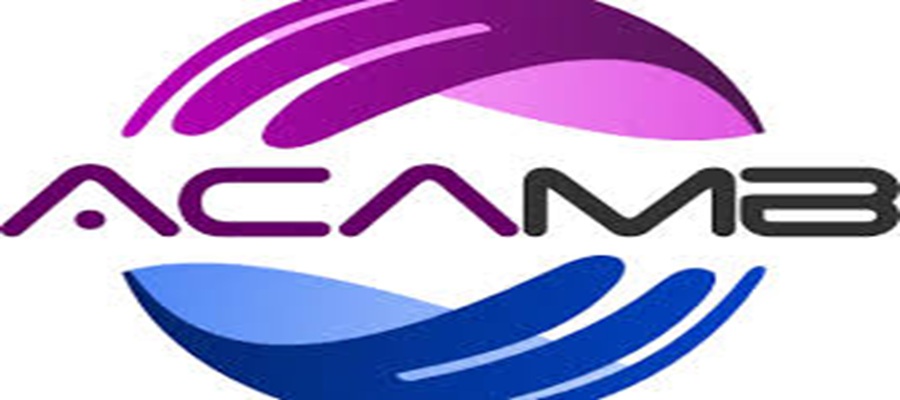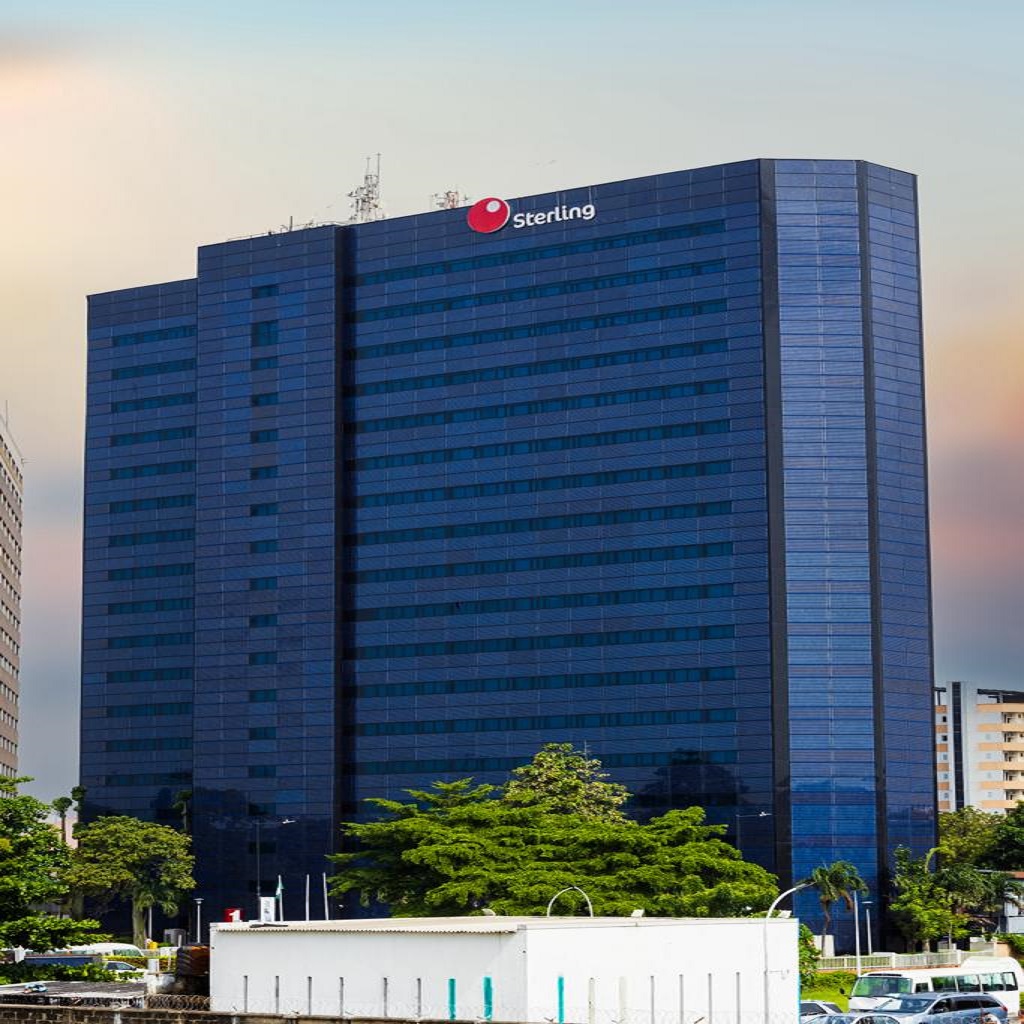E-Financial
Highwire Lobby to Save Mobile Money

Major mobile money industry players have begun a high wire lobby to get the Central Bank of Nigeria (CBN) to rejig the policy framework of mobile money services after a fluttering start of the bank-led mobile money, Nigeria CommunicationsWeek can now reveal.
Mobile money touted as the next big thing is yet to make big impact more than a year after launch as some players insist the regime of regulation, is not friendly to telecoms’ firms that provide the mobile payment platform.
But the CBN has insisted that it cannot afford to licence Telcos for mobile money operation because they could use their superior technology power to control the platform.
TundeLemu, deputygovernor of the CBN in an interview recently compared the situation in Kenya, where Safaricom, the country leading mobile provider also controls over 90 per cent of Kenya’smobile payment system known as Mpessa.
“No, we won’t licence telecom firms to operator mobilemoney, that’ll be giving them chance to control the economy. We have seen what is happening in Kenya, where one telecom provider also controls over 90 percent of the mobile money industry. That is creating unnecessary monopoly in theeconomy – we won’t let that here,” said Lemu.
But in swift response, a top executive of the NigeriaCommunications Commission (NCC), the telecom industry regulatory agency said it wasn’t entirely true that telcos would monopolise mobile payment to the detriment of the banking sector.
The executive noted that every player in the economy expects to joinothers as team players to enrich the national treasury.
Although the executive pleaded anonymity stating that “there are currently high level talks. When the time comes, I will not only gladly talk toyou (openly), but the entire media. But for now, I can confirm that there areongoing high level discussions and these talks have reached quite anappreciable level. I don’t want to be seen as jeopadising the talks.”
When Nigeria CommunicationsWeek contacted a staff of the Ministry of Communications Technology with knowledge of the industry, and was informed that it was still at regulatory level; hence the ministry wouldn’t want to be seen as interfering.
“All agencies under the ministry are independent and we don’tas a matter of policy meddles into their affairs. I believe the NCC iseffectively able to handle this matter with the CBN,” the source stated.
But our investigations also reveal that high stakeholders involving persons from the telecom regulatory body, CBN, Communications Technology and Finance ministries are also involved in the ongoing discussions on mobile money.
Gbenga Adebayo, president of the Association of LicencedTelecommunication Operators of Nigeria (Alton), confirmed at the weekend that indeed there ongoing “high level discussions.”
Speaking to Nigeria CommunicationsWeek exclusively at the weekend, Adebayo said: “I am aware of the CBN statement on the mobile money payment as it affects telcos. But it is also receiving serious attention and there are ongoing discussions on the issues. I don’t want to prejudice these discussions at this point; but I can assure you that it is a matter that has attracted everyone in the economy – regulators (NCC/CBN), operators inboth the telecom and banking sectors, and every stakeholder is seriouslyconcerned at this moment.”
The Alton president noted that it was “important that every stakeholder in the industry understand the principles involved and appreciatethe enormous effect it would have on the overall economic progress of thenation.”
Mobile money is a financial transaction involving thetransfer of money from one mobile phone to another without any need for aformal bank account. Before its operation was launched in Nigeria in 2011,there was so much hype on how it would be the next big thing in the economy. Mostcritically, it was expected to surpass the success of the East Africanexperience. But nearly two years on, it crawls as a lame duck.
A number of reasons have been adduced for the ‘dead-on-arrival’take-off of mobile money operation in Nigeria, Africa’s biggest country bypopulation and the continent’s largest telecom market with over 102 activemobile subscribers.
Nigeria CommunicationsWeek’s findings showed that in most countries where mobile money is working, person-to-person transfer seems to bethe game changer.
In Nigeria however, the industry is still in the woods to clearly positionkiller services that will be a must use for the teaming masses that do not haveaccess to basic financial services and yet own a mobile phone.
Emmanuel Okoegwale, principal associate, Mobile Money Africa said that inadequate distribution and agency network constitute strong road block to thesystem.
To underline the sluggish growth of mobile money services in the country, a recent survey showedthat only 400,000 people are registered with mobile money operators in Nigeria out of 28.6 million adults operating bank accounts in the country.
The survey, which was carried out by Enhancing Financial Innovation and Access, stated that 4.8 million adults were aware of mobile money but 400,000 people actually have registration with mobile money agents.
The figure represents 1.4 per cent of the bank account holders.
The survey also shows that 0.45 per cent of the total adult population (given as 87.9 million people) in Nigeria use the mobile money facility.
It stated that mobile money was mostly used to buy airtime, with 32.9 per cent of registered mobile money users buying airtime on the platform; while 28 per cent use mobile money to send money to people.
According to the survey, 21.8 per cent of users have the platform just to receive money from people, while 17.4 per cent use it to pay bills.
The Nigeria Inter-Bank Settlement System Plcalso said that the number of registered Point of Sale terminals on the Central Terminal Management System managed by NIBBS increased from 31,000 to 185, 000 from January to November, 2012.
E-Financial
ACAMB Educates Content Creator to Curb Misinformation on Bank Recapitalisation

In a bid to foster accurate public discourse as well as protect the stability of the financial sector, the Association of Corporate and Marketing Professionals in Banks (ACAMB) has stepped in to educate renowned content creator, Unofficial Osas, following his misrepresentation of facts concerning the Central Bank of Nigeria’s (CBN) recapitalisation drive, and subsequent invitation by the Nigerian Police Force.

ACAMB
The intervention by ACAMB led to the successful retraction of a misleading video regarding the CBN recapitalisation policy, demonstrating the Association’s commitment to its core mandate of public enlightenment.
In his official apology video, the content creator stated, “I was invited by the Nigerian police force national cyber crime centre in Abuja over the video I posted on the 15th of December, where i spoke about 12 banks that were shut down in relation to the CBN recapitalisation policy. I would like to offer an official retraction of that video and want to reiterate that no bank is shutting down.
“As a matter of fact, most of the banks have now met the ₦500 billion minimum capital base for banks with international and the N200bn for national banks recapitalisation requirements, so no bank is shutting down.
“I want to specifically appreciate ACAMB. They were very professional in handling this case and did well to educate and enlighten me on the recapitalisation process. I am now better informed and know better”
Commenting on the resolution, President of ACAMB, Jide Sipe, reinforced the Association’s dedication to protecting the integrity of the banking sector. “ACAMB stands for the restoration of professional banking ethics and public confidence through seamless information management and public enlightenment.
“We believe that an informed public is an empowered public. By engaging Unofficial Osas, we ensured that accurate information regarding the resilience and strength of our banks was disseminated to the millions of Nigerians who follow him.”
The Intervention shows ACAMB is dedicated to evolving strategies that enhance and sustain a good image for the nation’s banking sector as well as assist in fostering better banking habits among Nigerians.
E-Financial
FirstCap MD says Payment Security Remains Biggest Barrier to Bankable Gas and Power Projects

Ukandu E. Ukandu, Managing Director/CEO of FirstCap Limited, a leading investment banking firm and subsidiary of First HoldCo Plc., has reaffirmed that payment security remains the most decisive factor in determining whether gas and power projects in Nigeria secure financing.

He shared this perspective during a panel discussion on project bankability at the 2026 SPE Lagos Energy Week.
Ukandu noted that although several risks influence financing decisions, payment risk consistently emerges as the key barrier to financial close.
“Every major risk matter, but payment risk is the ultimate deal‑breaker. Without strong payment security and disciplined collections, no project can attract sustainable financing,” he said.
He explained that lenders typically evaluate three core risk pillars, payment reliability, foreign‑exchange exposure, and contract enforceability, with payment reliability presenting the greatest challenge across Nigeria’s energy value chain. Persistent collection inefficiencies, rising arrears, and liquidity pressures continue to weaken investor confidence.
To enhance payment security, Ukandu highlighted mechanisms widely used by financiers, including letters of credit, bank guarantees, escrow accounts with payment‑waterfall structures, reserve and sinking funds, sovereign or sub‑sovereign support, and take‑or‑pay offtake agreements.
Addressing foreign exchange risk, he noted that volatility remains difficult to manage, especially for projects with dollar‑denominated costs but naira‑denominated revenues. Lenders typically mitigate this through foreign exchange ‑linked tariff indexation, partial dollarisation for credible industrial offtakers, escrow protections, selective hedging, and foreign exchange reserve buffers.
However, he cautioned that indexation alone seldom eliminates exposure due to regulatory limits and timing delays.
On legal and regulatory certainty, Ukandu stressed the need for contracts that are enforceable and clearly structured, particularly around take‑or‑pay obligations, termination payments, step‑in rights, and dispute‑resolution frameworks. He added that factors such as tariff adjustments, licence changes, and price controls can significantly affect project viability if they are not fully addressed at the contracting stage.
While fiscal incentives such as tax holidays and accelerated depreciation can strengthen project economics, Ukandu emphasised that they cannot compensate for weak fundamentals.
“Incentives make a good project better, but they do not make a weak project bankable. Cash‑flow reliability and disciplined foreign exchange management must come first,” he said. He also noted that naira‑based incentives may lose value if project revenues are not indexed.
He concluded by urging industry players to prioritise revenue security from the earliest stages of project structuring: “Protect returns at the source. Build strong offtake arrangements with solid credit support and currency alignment to ensure cash is received in full and on time.”
E-Financial
Sterling HoldCo Starts Allotment of Oversubscribed Public Offer Shares

Sterling Financial Holdings Company Plc (Sterling HoldCo) has begun allotting 12,581,000,000 ordinary shares of 50 kobo each at ₦7.00 per share from its 2025 Public Offer.

Sterling HoldCo
The process follows Central Bank of Nigeria (CBN) and Securities & Exchange Commission (SEC) approvals.
The offer, opened September 15, 2025, drew 18,280 applications for 16.84 billion shares worth ₦117.88 billion—109.79 per cent oversubscribed.
Valid applications from 18,276 shareholders totalled 13.81 billion shares; all compliant applicants receive full allotments.
Refunds for rejects/excess, plus interest, process via RTGS/NIBSS by February 17, 2026, handled by Pace Registrars Limited.
Shares credit to CSCS accounts by the same date; new accounts held in pool pending documentation.
The raise bolsters capital for banking subsidiaries, injects ₦10 billion into SterlingFI Wealth Management to meet SEC rules, and funds credit expansion, innovation, and support for businesses/households.
Strong Financials, Diversified Growth
FY25 interim results show 99 per cent profit before tax growth; gross earnings up 46 per cent to ₦476.5 billion; assets at ₦3.92 trillion; deposits up 18 per cent to ₦2.98 trillion; shareholders’ funds up 39 per cent to ₦424 billion.
Cost-to-income ratio improved to 63 per cent from 72 per cent.
Subsidiaries—Sterling Bank Limited (conventional), The Alternative Bank Limited (non-interest, 150+ branches)—comply with CBN capital rules.
Initiatives include Mata Zalla (women tricycle training) and Plateau agriculture programme.
The offer attracted first-time retail investors, broadening ownership.
Sterling HoldCo welcomes new shareholders, poised for sustained growth and economic impact.

 Telecom3 days ago
Telecom3 days agoBanks, Telcos Settle Four-Year Dispute over N300Bn USSD Debt

 Telecom2 days ago
Telecom2 days agoGroup Condemns Gabon’s Social Media Shutdown Amid Protests

 General News2 days ago
General News2 days agoHow JustMarkets Is Empowering African Traders with Global Market Access

 E-Financial3 days ago
E-Financial3 days agoACAMB Educates Content Creator to Curb Misinformation on Bank Recapitalisation

 General News3 days ago
General News3 days agoPalmPay Unveils First Batch of Winners in #LoveWithPalmPay Campaign

 E-Business2 days ago
E-Business2 days agoMutual Benefits Assurance Settles ₦5.9bn Claims in January 2026

 Telecom2 days ago
Telecom2 days agoIXPN Positions as the Regional Internet Exchange Hub for West Africa

 Telecom2 days ago
Telecom2 days agoMenxtt NG Emerges as Nigeria’s Virtual IT Hub for Premium Devices, Solutions












